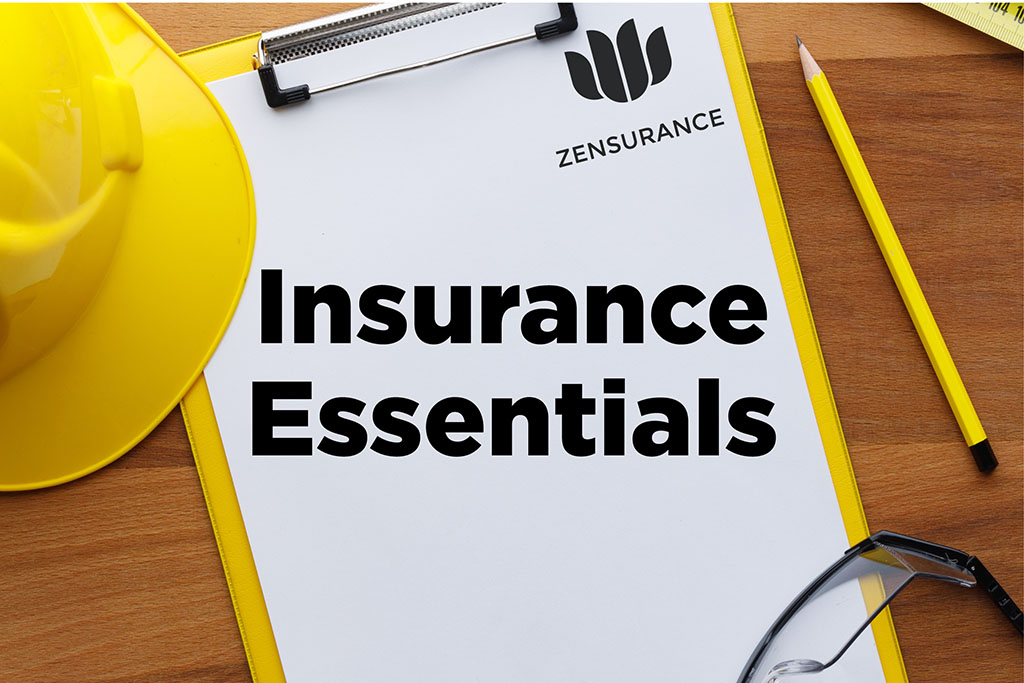General liability policies often exclude liability risks you assume when inking a contract with another contractor or a client. However, that’s why contractual liability insurance exists.
When entering into a contract with a client, contractors assume financial responsibility for any bodily injury or property damage claims that may arise while the project is underway.
More formally known as an indemnity or “hold harmless” agreement, it requires you to have a commercial general liability insurance policy with a specific coverage limit (usually $2 million worth of coverage) to account for those expenses if an incident occurs and a claim is filed.
General liability policies often exclude liability risks you assume when inking a contract with another contractor or a client. In other words, general liability is merely the starting point for protecting yourself from potential financial losses. However, that’s why contractual liability insurance exists.
What is contractual liability insurance?
Imagine a renovation contractor signing a contract with a property owner to renovate a commercial or residential building. A typical agreement of this type states that the reno contractor is liable for third-party bodily injuries and property damages that may occur while work is underway. That means the contractor assumes responsibility for any expenses related to an injury or property damage during the renovation work, not the property owner.
In this instance, the reno contractor should have contractual liability insurance in their policy to pay for those costs should an issue arise. You can add contractual liability coverage to a general liability policy as an endorsement or rider.
Also, know there are two types of contractual liability insurance endorsements to choose from:
- A standard contractual liability endorsement requires you to advise your insurance broker or company each time you sign a contract with customers or organizations.
- A blanket contractual liability endorsement makes this easier. As its name suggests, it provides blanket coverage for all the contracts you sign without contacting your broker. Blanket contractual endorsements tend to cost more than standard ones, but it removes the hassle of remembering to let your broker know each time you’ve got a new contract.
Regardless of your choice, be aware of exclusions in a contractual liability endorsement.
For example, if a reno contractor doesn’t live up to the terms of the agreement they signed with a customer, that customer could sue you for failure to deliver a service as promised.
Contractual liability insurance won’t cover you for that because it’s not designed to do so. In such an instance, you need professional liability insurance if a customer sues you because of your services.
What other coverages does a general contractor need?
That leads to my next point.
With general liability insurance that includes contractual liability insurance serving as the base of a general contractor’s policy, some of the other main types of coverage builders and contractors need in their policies are:
Builder’s risk — also called course of construction insurance, builder’s risk covers construction projects still underway if damaged by fire, flood, extreme weather, theft and vandalism.
Installation floater — covers the raw materials you need for a project while in transit or before installation if damaged by fire, water or stolen or vandalized.
Commercial auto — covers your pickup truck, other vehicles and equipment trailers to transport people, materials, equipment and packaged goods.
Tools and equipment — covers the cost to repair or replace your transportable tools and equipment if lost, stolen, vandalized or damaged by fire or flood. That includes protection for heavy equipment, like bulldozers, cement mixers and backhoes.
Professional liability — as mentioned above, professional liability insurance covers your services and advice.
Cyber liability — covers costs associated with data breaches and cyber-attacks.
Any type of business insurance can be confusing to understand, but that’s why it’s worthwhile to have a conversation with an experienced business insurance broker.
After all, your livelihood is worth protecting.
Jon Hogg is a licensed broker and team lead, digital solutions, contractors at Zensurance, Canada’s leading source for small business insurance. Get a free quote for your insurance needs by visiting Zensurance.com/DCN.










Recent Comments